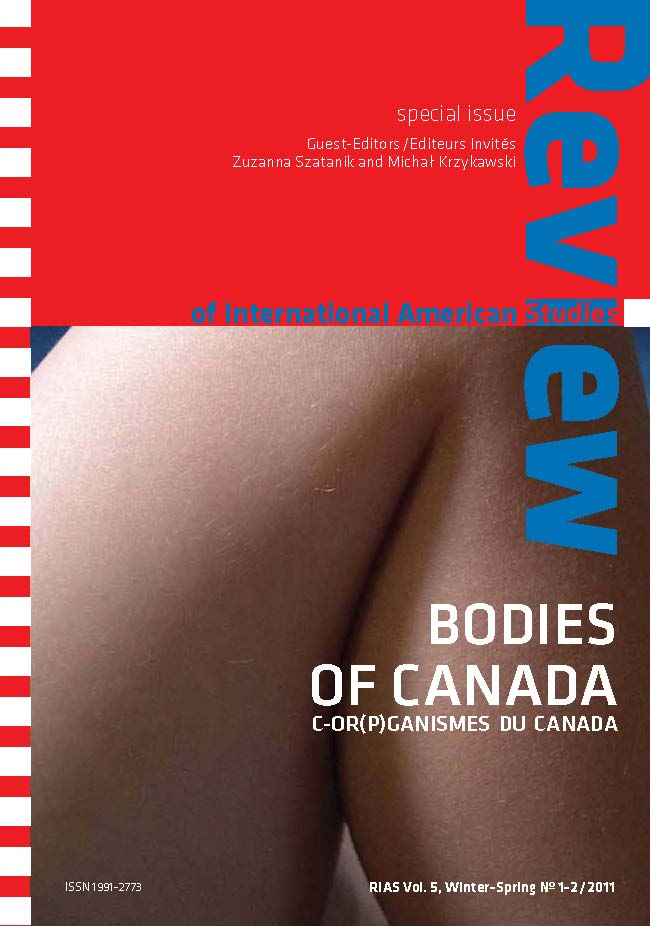BODIES MATERIAL AND IMMATERIAL: Daphne Marlatt’s Ghost-Writing and Transnationalism in "Taken"
BODIES MATERIAL AND IMMATERIAL: Daphne Marlatt’s Ghost-Writing and Transnationalism in "Taken"
Author(s): Eva C. KarpinskiSubject(s): Language and Literature Studies, Studies of Literature, Other Language Literature, Cultural Anthropology / Ethnology
Published by: Wydawnictwo Uniwersytetu Śląskiego
Summary/Abstract: Focusing on Daphne Marlatt’s 1996 novel "Taken", this paper argues that by politicizing the interconnectedness of language, body, place, and memory, Marlatt extends the practice of feminist discourse beyond the framework of gender and nation. Attending to the hauntings of (post)colonial history, including the trauma of the Asia-Pacific War and the Gulf War, she explores the linkages and connections among various nationalisms, heteropatriarchies, colonialisms, and militarisms. In the rhetorical play of the body in Marlatt’s feminist poetics and politics of writing, we can recognize an implicit critique of Western hegemonic narratives of self as bounded, rational, individualistic. She adopts a number of strategies to decenter the primacy and singularity of this disembodied humanist subject, distancing herself from the dominant tradition of writing as an act of singular consciousness. Her accomplishment in "Taken" is to give new relevance to écriture au féminin by providing a historicized, transnational perspective, which allows us to see the connections between different bodies in the intimate and the global scale while reinforcing the need for relationality in the contemporary conflict-haunted world.
Journal: Review of International American Studies
- Issue Year: 5/2011
- Issue No: 1-2
- Page Range: 59-86
- Page Count: 28
- Language: English

